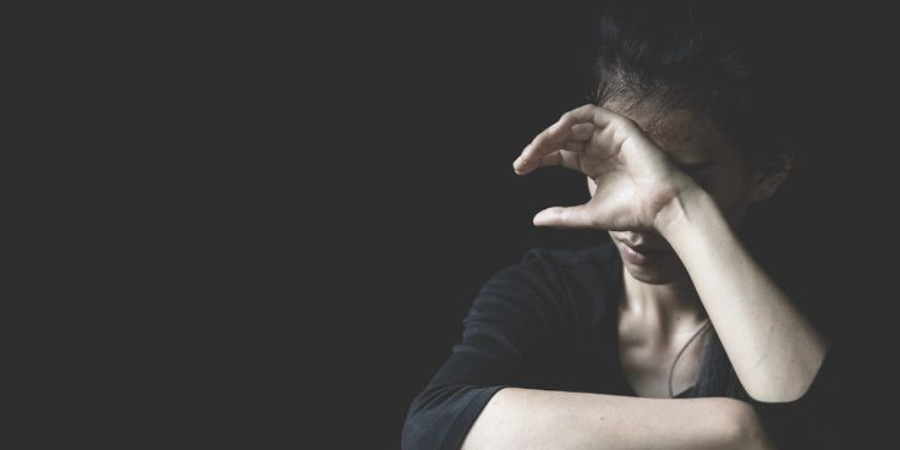

Human Depression: Causes and Treatment
Depression is a complex mental health condition that affects millions of people globally. It can range from mild to severe and significantly impacts an individual’s quality of life. Understanding its causes and exploring effective treatments is essential in managing and overcoming depression.
Causes of Depression
1. Biological Factors:
Genetics: Depression often runs in families. If a person has a family history of depression, they are more likely to experience it themselves.
Neurotransmitter Imbalances: Serotonin, dopamine, and norepinephrine are brain chemicals linked to mood regulation. An imbalance of these can lead to depressive symptoms.
Hormonal Changes: Hormonal shifts, particularly in women during pregnancy, menopause, or thyroid imbalances, can trigger depression.
2. Psychological Factors:
Personality Traits: People with low self-esteem, perfectionist tendencies, or who are overly self-critical may be more prone to depression.
-Trauma: Childhood abuse, neglect, or significant losses can increase vulnerability to depression later in life.
Chronic Stress: Long-term exposure to stressful situations, such as financial issues, family conflicts, or a demanding work environment, can lead to depression.
3. Environmental and Social Factors:
Isolation: Lack of social support or feelings of loneliness can trigger or worsen depression.
Life Events: Events such as losing a loved one, divorce, job loss, or moving to a new city can create intense feelings of sadness and grief, which may evolve into depression if not addressed.
Substance Abuse: Alcohol and drug misuse can either cause or exacerbate depression by affecting brain function and increasing feelings of hopelessness.
Symptoms of Depression
Common symptoms include:
- Persistent sadness or empty feelings
- Loss of interest in activities once enjoyed
- Fatigue or lack of energy
- Difficulty concentrating
- Changes in sleep and appetite
- Feelings of worthlessness or excessive guilt
- Suicidal thoughts or attempts
Treatment and Cure
Though depression is challenging, it is treatable. A combination of approaches is often most effective.
1. Medication:
Antidepressants: Drugs like SSRIs (Selective Serotonin Reuptake Inhibitors) or SNRIs (Serotonin-Norepinephrine Reuptake Inhibitors) help correct neurotransmitter imbalances. These medications often take a few weeks to show full effects and may have side effects, which need monitoring by a doctor.
Mood Stabilizers and Antipsychotics: In cases of severe or treatment-resistant depression, other medications like mood stabilizers or antipsychotics may be prescribed.
2. Psychotherapy:
Cognitive Behavioral Therapy (CBT): CBT is a structured therapy that helps patients recognize and change negative thought patterns and behaviors contributing to depression.
Interpersonal Therapy (IPT) : IPT focuses on improving relationships and social functioning, addressing the interpersonal issues that may contribute to depression.
Mindfulness and Acceptance-Based Therapies: These therapies teach individuals to accept their thoughts and feelings without judgment and help develop healthy coping mechanisms.
3. Lifestyle Changes:
Exercise: Regular physical activity increases endorphins and serotonin levels, improving mood and energy levels.
- Healthy Diet: Nutritional balance plays a significant role in mental health. Consuming foods rich in omega-3 fatty acids, antioxidants, and vitamins can support brain function.
Sleep Hygiene: Establishing a regular sleep routine can help alleviate symptoms of depression, as sleep disorders often accompany the condition.
4. Social Support:
Support Groups: Joining a support group can reduce feelings of isolation. Sharing experiences with others who understand the challenges of depression can foster hope and healing.
Family and Friends: A strong social network is critical in the recovery process. Loved ones can offer emotional support, encourage treatment, and help monitor symptoms.
5.Alternative Treatments:
Meditation and Yoga: Mindfulness practices can reduce stress, enhance emotional regulation, and promote a sense of calm, all of which help manage depression.
-Acupuncture: Some studies suggest acupuncture may help relieve symptoms of depression by stimulating nerve pathways and balancing energy flow in the body.
6. In Severe Cases:
Electroconvulsive Therapy (ECT): ECT is used in severe depression cases where other treatments have failed. It involves delivering electrical currents to the brain under anesthesia to trigger controlled seizures, which can reset brain chemistry.
Transcranial Magnetic Stimulation (TMS): TMS is a non-invasive procedure where magnetic fields are used to stimulate nerve cells in the brain, which may improve symptoms of depression. Prevention and Long-Term Management
Early Intervention: Identifying and treating depression early can prevent it from worsening. Seeking help at the first sign of persistent sadness or other symptoms is crucial.
Building Resilience: Developing coping strategies and maintaining a healthy lifestyle can prevent relapses. Regular therapy check-ins, practicing stress-reduction techniques, and staying socially connected are essential in long-term management.
- Education and Awareness: Understanding the symptoms of depression and knowing when to seek help can save lives. Destigmatizing mental health issues encourages more individuals to seek the care they need.
Depression is a multifaceted condition, arising from a combination of biological, psychological, and environmental factors. However, with proper treatment, support, and lifestyle changes, individuals can manage depression and lead fulfilling lives. Advances in medical treatment and therapy continue to offer hope, making recovery possible for many.
If you treat your mind right, it will guide you in the right direction
Thanks for reading guys….


